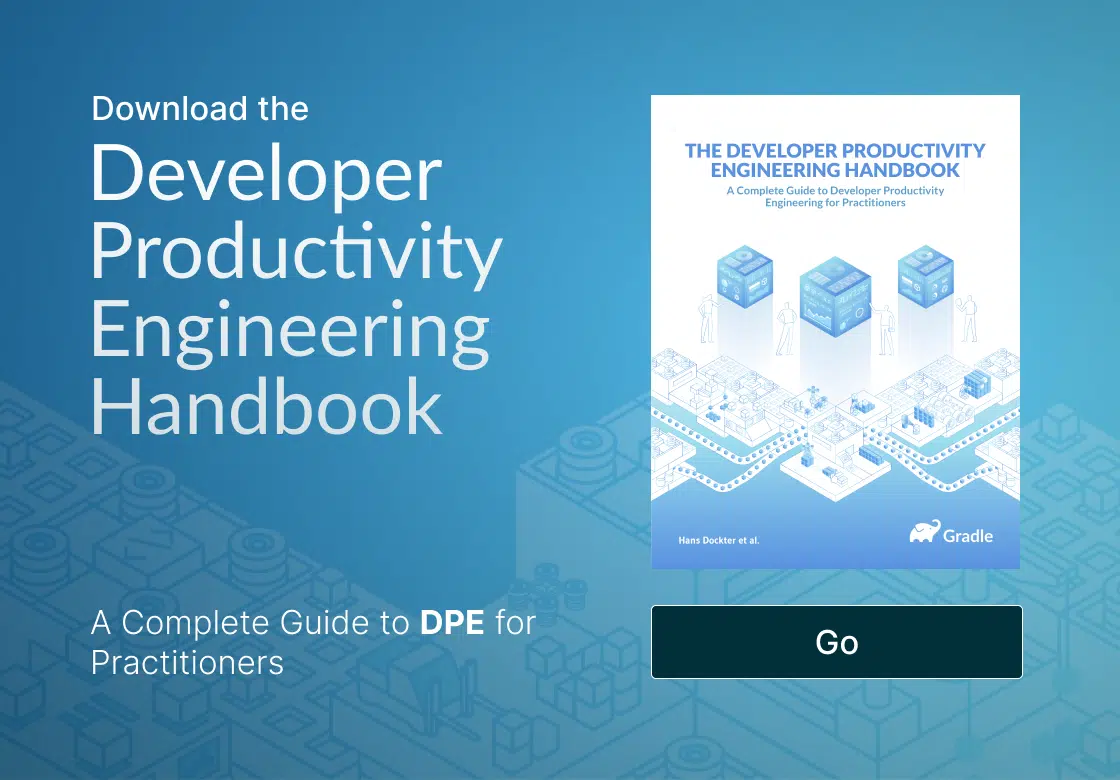Discover the only event dedicated to Developer Productivity Engineering and Developer Experience—September 24-25 in San Francisco.
The Develocity strategy is to support all important build systems and language ecosystems in order to provide a single-vendor solution for maximizing developer productivity leveraging the practice of Developer Productivity Engineering (DPE). The release of sbt support for the Develocity Build Scan® service is an important step in that direction. Develocity already supports Gradle Build Tool, Apache Maven, and most recently, Bazel.
The Develocity multi-build-system solution strategy is based on the strategic premise that the build system market is and will continue to be fragmented within and across language ecosystems and even within most large corporations. This presented an opportunity to create a common build and test acceleration and analytics application that democratizes the benefits of DPE with a “no dev team left behind” approach to improving developer productivity and the developer experience. As a result, Develocity is independent from any single build tool and the unifying technology-enabling platform behind the practice of DPE.

This takes advantage of the many cores available in modern hardware to achieve impressive Scala compilation speedup.

Seamless integration with development environments means that the only thing you notice is that Scala compiles fast! Hydra supports Gradle Build Tool, Maven, and sbt.

When compiling, Hydra automatically collects statistics about your Scala project and points out bottlenecks in compilation via a modern web dashboard.
Scala is a JVM-compatible programming language that was created in 2001 by Martin Odersky to combine functional programming and object-oriented programming into one language. The name is derived from Scalable Language. Scala was designed to improve upon Java, so you can call Java methods, inherit from Java classes, and more. Scala is commonly used in data science, machine learning, finance-related applications, content management systems, online learning platforms, and distributed applications.
- Martin Odersky serves in a technical advisory role to Gradle. He is a computer scientist and professor of programming methods at École Polytechnique Fédérale de Lausanne (EPFL) in Switzerland.
- Develocity support for sbt brings the leading Developer Productivity Engineering (DPE) solution platform to the sbt and Scala communities.
- Gradle Inc. is committed to the continued development of Hydra and leveraging its proven global customer support services to ensure customer success.
An easy way to get started and get exposure to some Develocity developer productivity tools is to try sbt Build Scan for free





